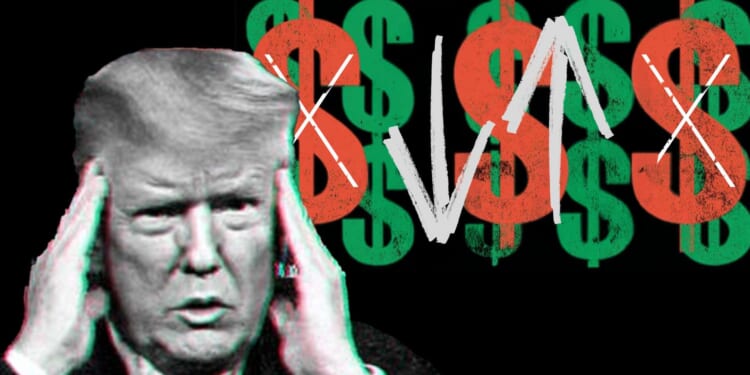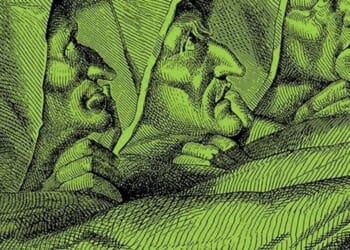President Donald Trump’s “reciprocal” tariffs have impacted $2.2 trillion worth of imported goods, including the wines and spirits sold by V.O.S. Selections and educational toys sold by Learning Resources, whose consolidated lawsuits against the tariffs will be heard by the Supreme Court next Wednesday. The family-owned Crutchfield Corporation is another American business harmed by the president’s tariffs. On Friday, the company filed an amicus brief, explaining the havoc that Trump’s trade policies have caused on its operations.
Bill Crutchfield founded his company in 1974 as a car stereo mail-order business operating out of his mother’s basement in Charlottesville, Virginia. Despite nearly filing for Chapter 7 bankruptcy the year of its founding, Crutchfield successfully pivoted from a traditional retail business to an audio equipment information company in 1975. Since then, the company has grown to over 600 employees, and last year, the consumer electronics retailer celebrated its semicentennial, but Trump’s International Emergency and Economic Powers Act (IEEPA) tariffs threaten the future of this American success story.
Like many American businesses, “the only available suppliers and vendors” for many of Cruthfield’s products “are overseas,” according to the company’s brief. China alone accounts for 60 percent of Crutchfield’s products, making the 145 percent tariff on Chinese imports threatened in April particularly galling. Although this triple-digit duty was lowered to 55 percent in June, the initial tariff rate and the trade war that has escalated since have impacted Crutchfield, which makes “decisions to cancel or scale back purchase orders from overseas vendors…long before retailers know if their worst fears are realized.”
Crutchfield explains that “tariffs imposed today, and the threat of additional tariffs imposed tomorrow, matter.” If the president has “unprecedented, unilateral, and unreviewable authority to set tariffs…then Crutchfield cannot plan for the short term [or] the long run because it cannot possibly predict what the household electronics it sells will cost.” Compounding the unseen cost of unrealized revenue, Trump’s tariffs could amount to a $200 billion annual tax on small businesses, according to the Chamber of Commerce.
Crutchfield asserts that the plain language of IEEPA does not grant the president the authority to levy tariffs at all. Indeed, the text of IEEPA does not mention “tariff” or any of its synonyms once, which goes a long way to explain why “no other President has claimed…that [IEEPA] conferred authority on the President to set tariffs.” If the law did, it would violate the major questions and the nondelegation doctrines by implicitly granting congressional powers to the president without any limiting principle.
The company also dismisses the emergency declared by the administration to invoke IEEPA: the “large and persistent annual U.S. goods trade deficits [that] constitute an unusual and extraordinary threat to the national security and economy of the United States,” which the U.S. has had for decades. The firm says that the real threat is the president’s large and variable tariffs, which make “rational business planning impossible.”
Crutchfield isn’t the only business that opposes Trump’s reciprocal tariffs. On Friday, We Pay the Tariffs, a coalition of over 700 businesses, filed an amicus curiae brief opposing the president’s IEEPA tariffs. The coalition claims the tariffs pose “an existential threat to [the] survival” of many small businesses, and were “imposed without legal authority and with no public participation, comment, or even sufficient notice.” The Supreme Court’s ruling in V.O.S. Selection and Learning Resources will determine whether the survival of small businesses like Crutchfield may be subject to the whim of the president without explicit congressional approval.















